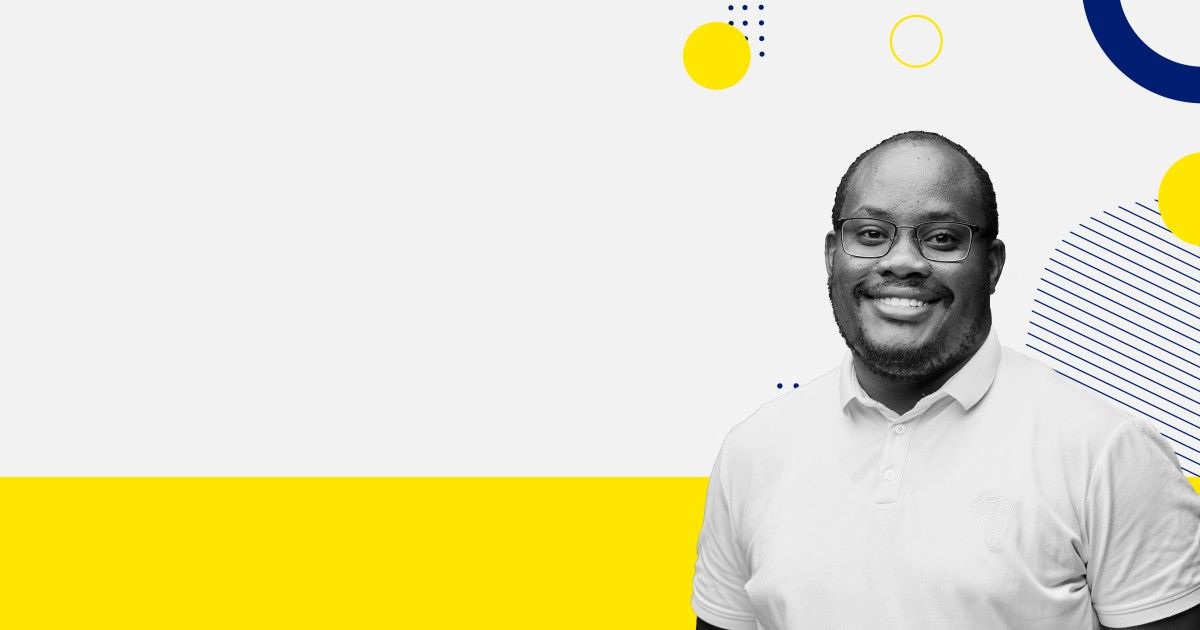African Start-ups Take the Lead in the Milken-Motsepe Agritech Competition

African start-ups take the spotlight as they emerged as the winners in this year’s Milken-Motsepe agritech competition. This is the flagship of the agritech competition held by The Patrice Motsepe Foundation and the US-based Milken Institute.
The alliance between these two organizations is geared towards the use of advanced technology to meet up the UN Sustainable Development Goals (SDG).
With this multimillion-dollar innovative competition and reward, agritech and biotech start-ups would be motivated to do much more. In addition, they will not only be trying to solve economic or environmental problems but to stand out innovatively.
The launch of this competition began in 2021 with 3,300 people registered. Members of the competition were from 105 countries across six continents. All of which showed interest in providing solutions that support economic and environmental development globally.
Tanzanian biotech company NovFeed won the $1 million top prize for its innovative technology that transforms organic waste into ingredients. The ingredients are used as plant-based proteins that are nourishing, sustainable, and traceable. They are also concentrated natural biofertilizers for the food system.
The second-place prize of $300,000 went to the Ugandan business Karpolax for its use of nanotechnology. This technology extends the shelf life of produce without sacrificing nutritional value.
Third-place winner IRRI-AfricaRice received a $150 000 prize for its biotech innovation. This innovation helps rice farmers safeguard their crops from flooding, one of the worst consequences of climate change.
Also announced were $100 000 in-person bonus prizes. The South African company Kuronga won the bonus award for “Most innovative use of technologies from the Fourth Industrial Revolution.” A machine learning and machine vision mobile app, which uses AI to link farmers with consumers and make it simpler to verify crop quality.
The start-up COOL LION from Côte d’Ivoire won the ‘People’s Choice’ bonus award for the most innovative idea. COOL LION offers cooling-as-a-service solutions for various industries (including agriculture and fisheries) and is powered by renewable energy.
The awards for this year were given out in Los Angeles, California at the Milken Institute Global Conference.
Along with cash prizes, the winning teams also received several other benefits, such as admission to a tuition-free experiential learning programme. This programme is where the start-ups received feedback sessions, pitch coaching, and mentoring from industry professionals. The learning programme is run by Global Innovation Catalyst in partnership with Stanford Online.
“Varied solutions were considered during the competition, and this contributes to current and future efforts to understand and resolve challenges facing agriculture,” said Dr. Precious Moloi-Motsepe, co-founder and CEO of the Motsepe Foundation.
“Making progress towards the SDGs is crucial. We are truly impressed by the participants’ ideas and thank each of them for their dedication to finding viable and scalable solutions,” she added.
Emily Musil Church, senior director of the Milken Institute Center for Strategic Philanthropy, said that “Bringing talent to the fore and supporting entrepreneurs is an intentional goal of the competition. It doesn’t end there; the expanded network of investors and stakeholders built into the programme offers the winning teams continued opportunities to innovate and thrive.”
“The winners exemplify the fact that bold, scalable, transformative ideas can come from anywhere,” she added.
The Motsepe Foundation was established in 1999 by Dr. Moloi-Motsepe and her husband, Dr. Patrice Motsepe. The goal of the Foundation is to help end poverty and sustainably raise the living standards in South Africa, Africa, and the world.
Likewise, the Milken Institute, a nonprofit and nonpartisan organization is dedicated to accelerating measurable progress on the path to a meaningful life. Founded in 1991 with a focus on financial, physical, mental, and environmental health.
Their collaboration is a wise effort to boost biotech and agritech innovation for global development. Without a doubt, the program’s upcoming round will draw more start-up innovations that aim to digitize global economic, agricultural, and environmental operations.
